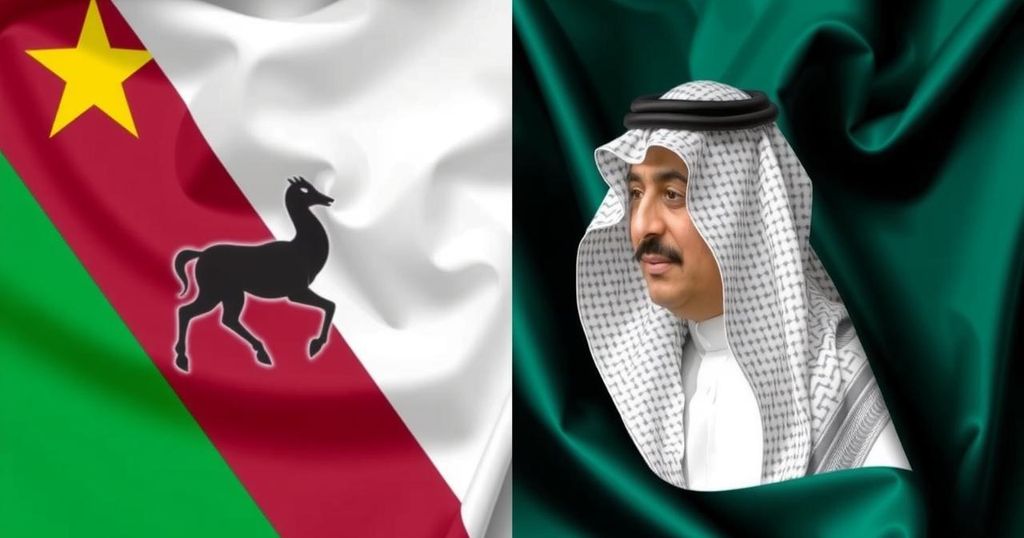Zambia and Saudi Arabia have entered a debt restructuring agreement to extend over $130 million of Zambia’s debt, alongside a $35 million loan for healthcare development. This agreement follows a similar arrangement with France and aligns with strategies supported by the International Monetary Fund to ensure Zambia’s fiscal sustainability and economic recovery.
Zambia and Saudi Arabia have successfully formalized a debt restructuring deal to reschedule over $130 million of Zambia’s debt to the Kingdom. The agreement was signed in Lusaka by Zambian Minister of Finance and National Planning, Situmbeko Musokotwane, and Sultan bin Abdulrahman Al-Marshad, Chief Executive Officer of the Saudi Fund for Development. This significant step reinforces bilateral cooperation aimed at enhancing fiscal sustainability and promoting economic growth in Zambia.
Minister Musokotwane emphasized the importance of this agreement as a testament to the two nations’ collaborative efforts, expressing gratitude towards the Saudi Fund for Development. He noted that this partnership underscores Zambia’s dedication to addressing its debt challenges responsibly. Concurrently, the nations have approved an additional $35 million loan aimed at financing the construction of the King Salman Specialised Hospital in Zambia.
This recent arrangement with Saudi Arabia follows a similar debt restructuring agreement with France, which was executed on December 8. The initiative aligns with the objectives set forth by the International Monetary Fund, working towards restoring a sustainable debt management strategy for Zambia. Beyond debt restructuring, France has also committed to providing Zambia with €16 million over two years to support emergency food programs in response to the severe droughts caused by the El Niño phenomenon.
Historically, Zambia’s public debt was alleviated through the Heavily Indebted Poor Countries initiative in 2005. Subsequently, substantial investments, notably from Chinese state-owned banks, catalyzed economic expansion; however, these investments also attributed to rising debt levels and interest burdens, culminating in a sovereign default in December 2020. The ongoing restructuring process under the G20 Common Framework has faced challenges, with extensive negotiations spanning over three and a half years, revealing the framework’s inefficiencies and the need for reform to alleviate future debt distress in low-income countries.
The debt restructuring agreement between Zambia and Saudi Arabia is pivotal in addressing the rising debt levels that have affected the southern African nation over the years. Following its debt relief in 2005, Zambia attracted extensive investment from various countries, particularly China. However, this influx led to increased debt levels, culminating in a significant sovereign default in 2020. The current agreements with Saudi Arabia and France demonstrate Zambia’s strategic approach to managing its debt while seeking to foster economic recovery and sustainability. The support from the International Monetary Fund further underpins these efforts, aiming to restore fiscal health in the nation.
Zambia’s recent debt restructuring agreement with Saudi Arabia showcases a concerted effort to address the nation’s fiscal challenges through international collaboration. This agreement not only includes substantial debt rescheduling but also a new loan to enhance healthcare infrastructure. Coupled with the recent debt negotiation with France, these initiatives signify Zambia’s commitment to achieving sustainable economic recovery. However, the protracted negotiations under the G20 Common Framework reveal the complexities involved in managing sovereign debt effectively, urging a reevaluation of the current strategies to assist nations in distress.
Original Source: www.dailynewsegypt.com






